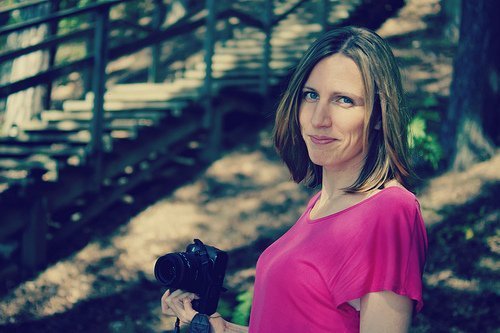Jobseeking is a difficult task at present because there are so many unemployed that almost every role listed (except highly technical roles) are being bombarded with hundreds of applications. Some of these applicants are suitable, where some are simply just sending their CV in, hoping that something will come up.
There comes a point where desperation kicks in and we know we just need a job, doing anything, with anyone, anywhere. Here are some tips for the desperate among us that might just help you get hired.
#1 Hide Your Desperation…
There is nothing worse than someone who applies for literally anything and everything going. You should never, ever, EVER just go through a list of jobs and submit your CV to every single one. This is especially relevant if you browse via recruitment companies. How desperate do you think you look to an employment agent when they go through applications for a variety of roles, only to find your CV begging for each and every one? Change your habits and change them now!
#2 Only apply for roles that appeal to you
Browse through roles and carefully select jobs that you find interesting that fit in with your experience, skillset and desires for the future. While you might just need a stopgap job, you need to really think about whether that job has what you need and is what you want to do. Find a job you love, and you will never ‘work’ a day in your life!
#3 Raise your standards
Do not let your Jobseekers Advisor or recruitment agent bully or push you into applying for a job that has no prospects, if a proper career is what you seek. Only settle for the best, most exciting, well paid roles in the area you hope to find employment.
#4 Use LinkedIn to Your Advantage
There are two ways you can use LinkedIn to maximise your success. The first way is by enhancing your profile and turning it into a digital CV. Get recommended, endorsed, and write a comprehensive description of who you are, what you do and what you have done. Recruiters and potential employers often use LinkedIn to verify what you say either face-to-face or at interview. It also can give a better picture of you and your history, since paper CVs should not be longer than two sides of A4. However, keep it muted, as you would with a normal CV. Don’t forget to set yourself as ‘open to opportunities’.
Another way you can use LinkedIn is by seeking out jobs. Many large firms, and small to medium businesses alike, have pages for their company and use them to talk about what it is like to work there, advertise vacancies, and share testimonials from staff past and present. LinkedIn is rarely used as a sole source of advertising positions, but you can get their alerts anyway by opting in for them via your profile. It just means you are less likely to miss a good opportunity. On these company pages though, don’t go commenting on every single little thing they post or share. It just makes you look desperate to be noticed.
#5 Don’t Be Overenthusiastic
Over-zealous talk at interview will turn the employer against you. Avoid phrases like ‘I will do anything’ or ‘I am unbelievably excited’ or worse still ‘My whole life I have dreamed of working for your company’. Ouch! Think these thoughts, but leave them packed away, in the back of your mind.
#6 Keep Follow-Up To A Minimum
You may want to call to confirm an interview, or a few days post-interview to thank them and find out if they are progressing towards their decision. But don’t call more than twice, do not hound the employer, and for pity’s sake do NOT try and butter them up with ridiculous gifts. That is a step too far, and can be classed as bribery! If you reach an answer machine, do not leave a message. Speak to a human instead. Voicemail messages always go wrong when you don’t want them to.
#7 Know Your Value, But Don’t Go Over the Top
Knowing what you are worth is a very important skill. But go over the top and brag about how fabulous you are, how you know you can make a difference but failing to elaborate, or just generally make claims without substantiating them, and you just cause the hiring manager to switch off. Keep a little to yourself, but always be sure to have back-up anecdotes or examples to take your side when you make a claim.
Tread carefully, reign your over-excited enthusiasm in, and you will succeed in your search for a new career.



















